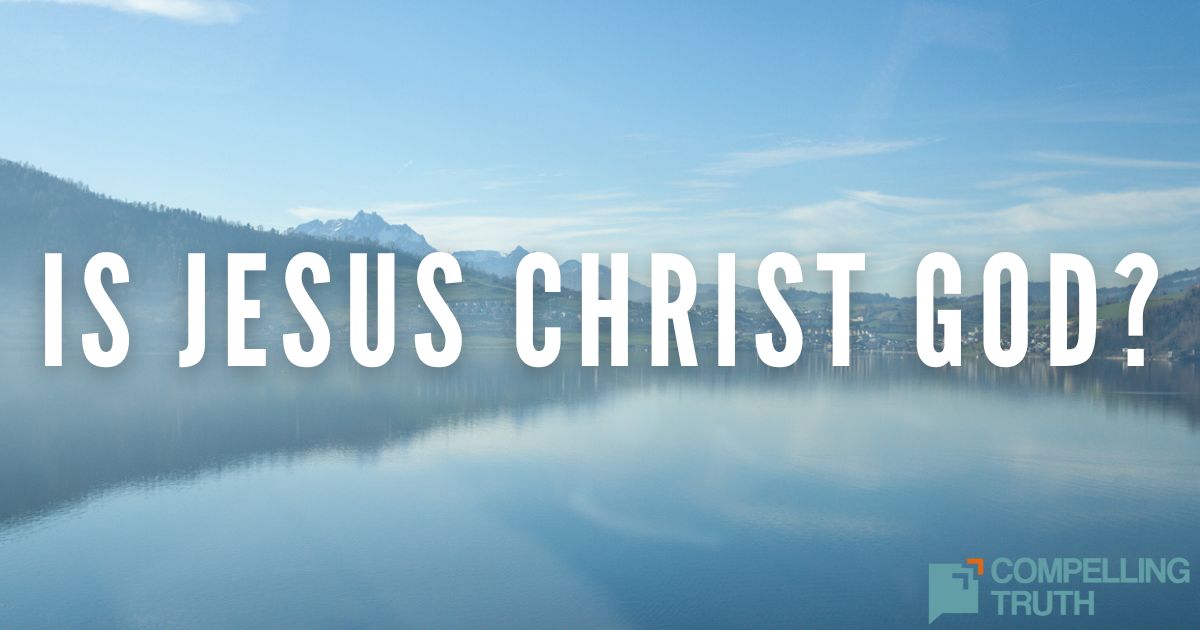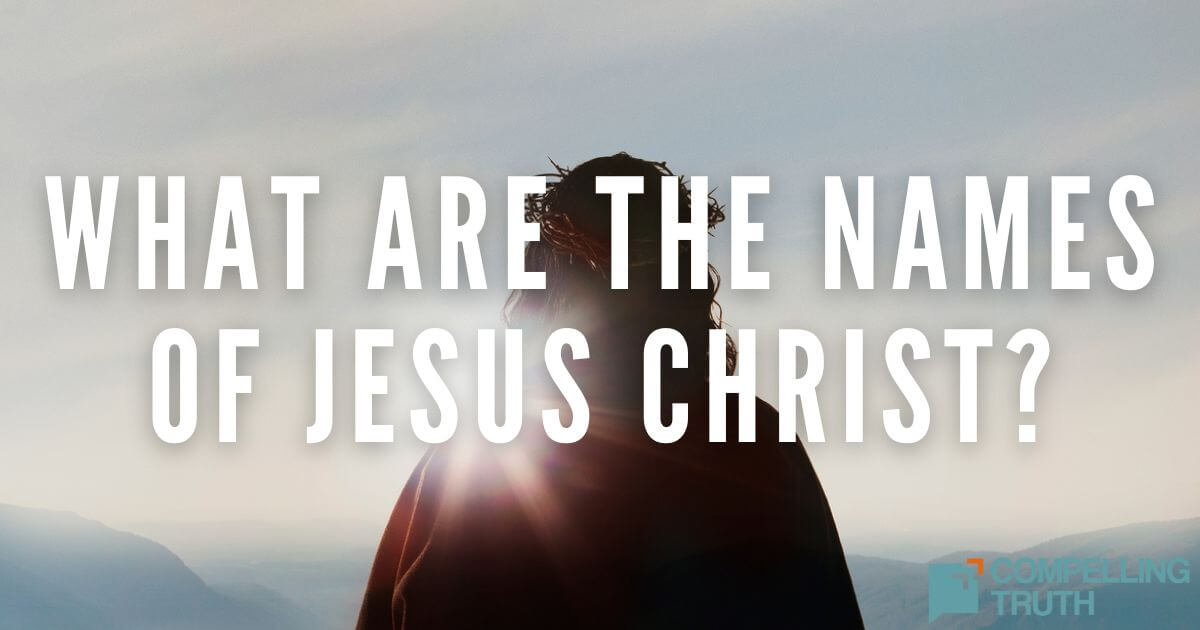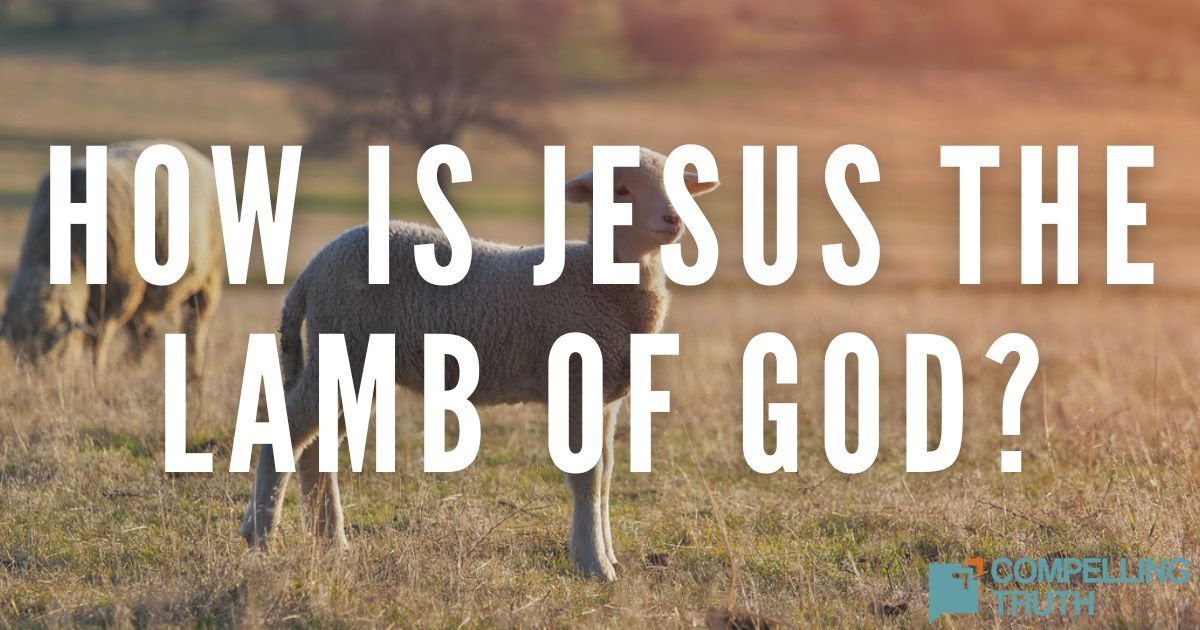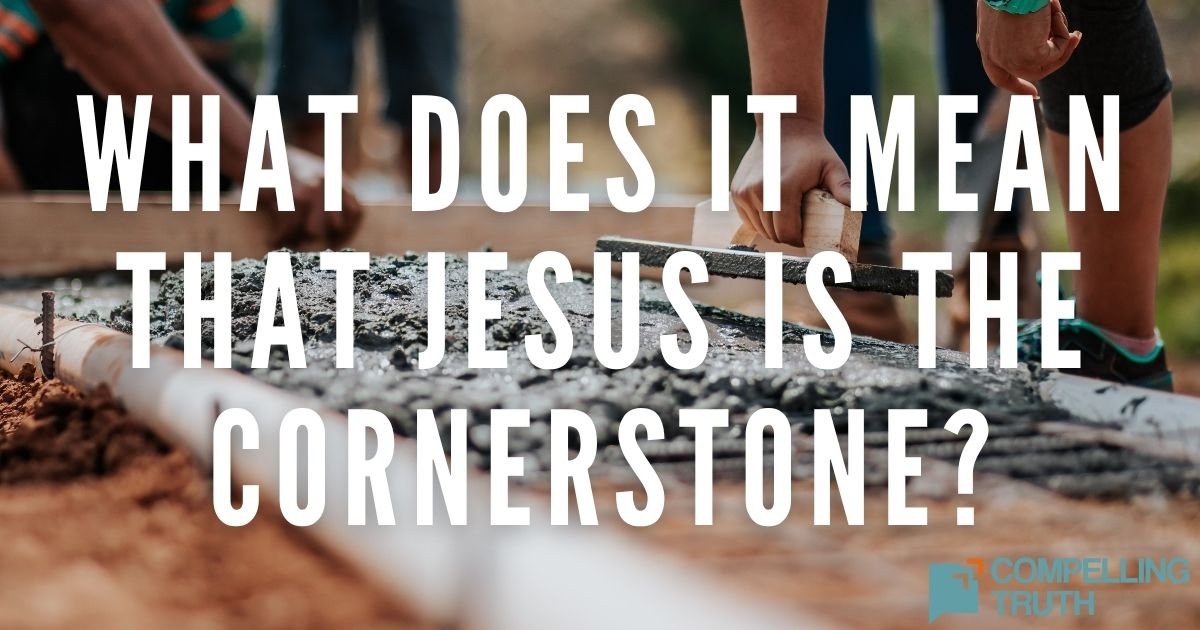The book of John contains seven significant moments where Jesus reveals a part of His character using the phrase "I AM." This phrase is important because God used it to identify Himself to Moses, and the Jews recognized it as a name for God (Exodus 3:14–15). In John, Jesus uses “I am” to precede several metaphors describing Himself: “the bread of life” (John 6:35), “the light of the world” (John 8:12), “the door of the sheep” (John 10:7), “the good shepherd” (John 10:11), and “the true vine” (John 15:1). Jesus also uses “I am” to communicate that He is the hope for mankind: “I am the resurrection and the life” (John 11:25) and “I am the way, and the truth, and the life” (John 14:6). Besides these, Jesus responds to others twice with "I am" statements: once to counter the Pharisees’ claim that He was demon-possessed by asserting Himself as the self-existent, eternal “I am” (John 8:58) and again just before He is taken by Roman soldiers (John 18:5). Jesus’ use of “I am” in John shows He is the Almighty God. Jesus truly is the great “I AM,” our only hope for salvation into eternal life.
Hebrews 13:8 declares, “Jesus Christ is the same yesterday and today and forever.” Jesus was not merely a wise teacher or a moral man—He is God incarnate (John 1:1–5, 14) and the only Savior (Acts 4:12). Jesus is the eternal “I AM,” the Creator of all (Colossians 1:16). He is self-existent. He is the basis of wisdom, not merely a man who was wise. In our disposable society, where products are bought for cheap and thrown away shortly after, where even people are treated as disposable at times, it’s comforting to know that we have an eternal, unchanging God. God came to earth as a man and endured the sin of all humanity . . . for us (2 Corinthians 5:21). How should this affect our life? It should cause us to reflect who God is in light of how He reveals Himself and to respond accordingly. Knowing who Jesus is frees us of anxiety about the future because we know our Lord has power over everything, including death (Hebrews 2:14–15). He has promised, “I will never leave you nor forsake you” (Hebrews 13:5). We are safe in our Creator’s hands, and nothing can remove us from His gift of grace (John 10:28). Jesus truly is the same yesterday, today, and forever: the great “I AM,” our only hope for salvation into eternal life.




